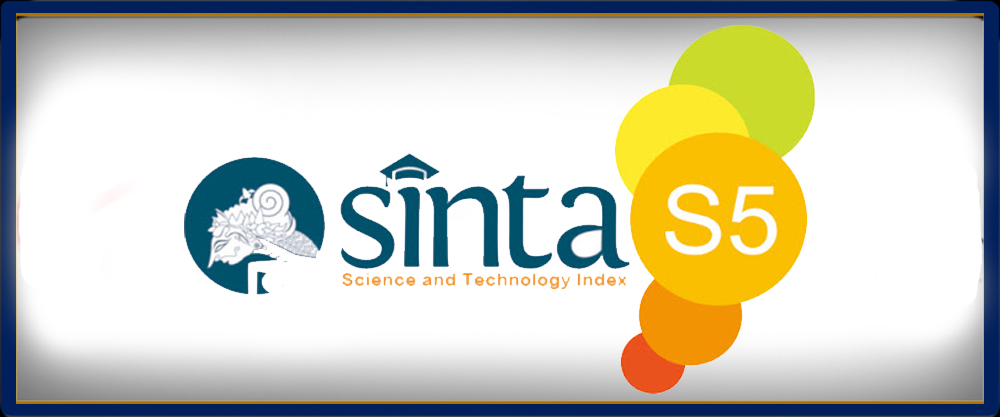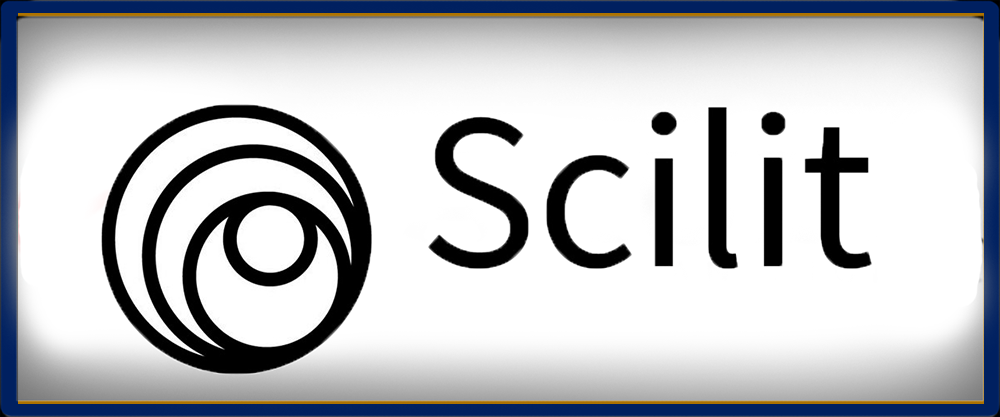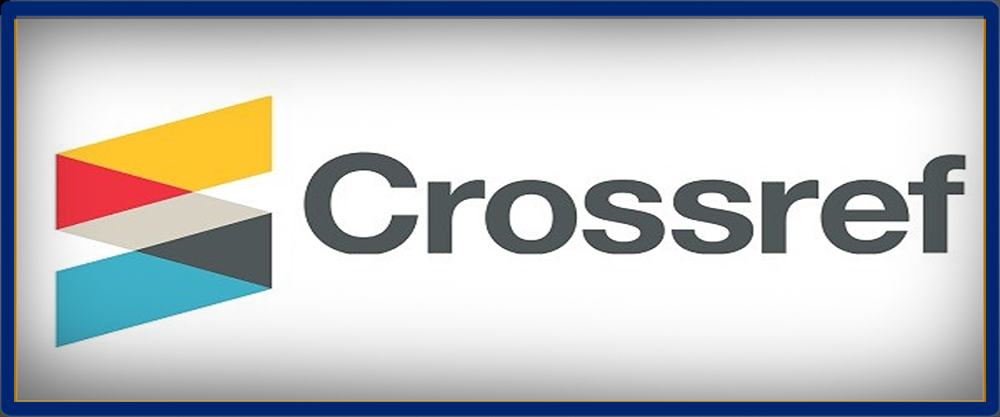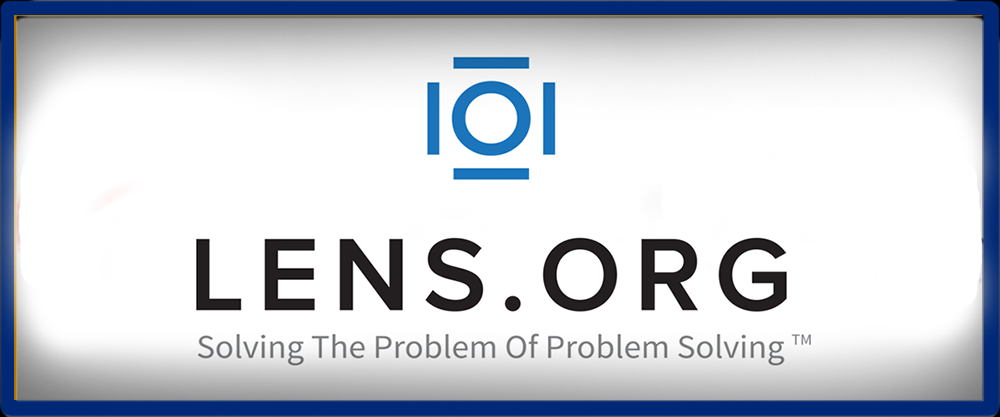Model Pembelajaran Scramble Terhadap Kemampuan Pemecahan Masalah IPA Ditinjau Dari Cognitive Style Siswa Sekolah Dasar
DOI:
https://doi.org/10.47453/edubase.v4i2.1158Keywords:
Model pembelajaran scramble, Ilmu Pengetahuan Alam, Pemecahan Persoalan, Cognitive StyleAbstract
The development of learning models can be adapted to the conditions and needs of the learning process so that the atmosphere in the class is not easily bored, students quickly receive learning material and improve cognitive learning styles in solving student problems. This research is a quantitative study with a Quasi Experimental Post-test Only Control Group Design. Participants were 21 students in each class IV-A and IV-B. The data collection technique was in the form of a HOTS question description test after being treated (having carried out the learning process using the scramble method) and the results of observations regarding students' cognitive style ( Field Independent and Field Dependent). Data analysis techniques used the normality test, homogeneity test and hypothesis testing with the help of SPSS version 25. The results showed that (1) there was an influence of the Scramble learning model on the problem solving abilities of science subjects seen from the Cognitive Style of elementary school students (2) Cognitive Style was effective in the scramble learning model because there is an interaction between the scramble learning model and cognitive style on the problem solving abilities of fourth grade students in science subjects. Thus it can be concluded that "There is an Influence of the Scramble Learning Model on the Ability to Solve Problems in Science Subjects Viewed from the Cognitve Style of Elementary School Students".
Downloads
References
Agustina, & Ahmad, M. Y. (2020). A Study on Students’ Cognitive Development in Answering English Task. Al-Hikmah: Jurnal Agama Dan Ilmu Pengetahuan, 17(1), 11–28. https://doi.org/10.25299/al-hikmah:jaip.2020.vol17(1).3888
Apipah, S., & Nurcholifah, S. (2016). Pembelajaran Scrambel dengan Pendekatan Kontekstual untuk Meningkatkan Kemampuan Pemecahan Masalah Materi Himpunan. Seminar Nasional Matematika X Universitas Negeri Semarang.
Artinta, S. V., & Fauziah, H. N. (2021). Faktor yang Mempengaruhi Rasa Ingin Tahu dan Kemampuan Memecahkan Masalah Siswa pada Mata Pelajaran IPA SMP. Jurnal Tadris IPA Indonesia, 1(2), 210–218. https://doi.org/10.21154/jtii.v1i2.153
Azhari, M. T., Bahri, A. F., Asrul, & Rafida, T. (2023). Metode Penelitian Kuantitatif. Sonpedia Publishing Indonesia.
Djarwo, C. F. (2020). Analisis faktor internal dan eksternal terhadap motivasi belajar kimia siswa SMA Kota Jayapura. Jurnal Ilmiah IKIP Mataram, 7(1), 2355–6358. https://e-journal.undikma.ac.id/index.php/jiim/article/view/2790
Gapsasri, N., Kamariah., & Meirista, E. (2020). Aplikasi Model Pembelajaran Scramble dalam Meningkatkan Kemampuan Pemecahan Masalah Matematika. Jurnal Inovasi Pembelajaran Matematika. 1(2), 64-70. https://doi.org/10.36379/jipm.v1i2.48
Sukarnoto, T., Janwari, Y., Solehudin, E., & Mulyawan, S. (2023). Women's Empowerment as a Moderator Variable in the Role of Sharia Microfinance Inclusion in Strengthening the Family Economy. Journal of Economics, Finance and Accounting Studies, 5(6), 14-26.
Handayani, R. (2020). Metodologi Penelitian Sosial. Trussmedia Grafika.
Harahap, T. H., & Rahman, A. A. (2022). Efektivitas Model Scramble untuk Meningkatkan Keaktifan dan Hasil Belajar Siswa SD. Journal on Education, 05(01), 1343–1355.
Hastjarjo, T. D. (2019). Rancangan Eksperimen-Kuasi. Buletin Psikologi, 27(2), 187–203. https://doi.org/10.22146/buletinpsikologi.38619
Hermawan, S., & Amiirullah. (2016). Metode Penelitian Pendekatan Kuantitatif Kualitatif. Media Nusantara Creative.
Ilela, N., Laamena, C. M., & Tamalene, H. (2021). Model Pembelajaran Core, Scramble, Hasil Belajar, Dan Operasi Hitung Bentuk Aljabar. Journal Of Honai Math, 4(1), 85–100. https://doi.org/http://doi.org/10.30862/jhm.v4i1.175
Imanita, M., Ekwandari, Y. S., & Arif, S. (2021). The Effect of Inquiry Model and Cognitive Style on Understanding of The Concept of Integrated IPS Course Students of Unila History Education Program. Journal Of Research in Social Science and Humanities. Vol. 1 no. 1, 1-7.
Irfan, Sukriyah, D., & Widadah, S. (2020). Pengaruh Model Pembelajaran Kooperatif Tipe Scramble Terhadap Kemampuan Berpikir Kritis Matematis Siswa model Scramble is quite influential on students ’ mathematical critical thinking skills . Key words?: Cooperative Learning Model Scramble , Critical Th. Zeta-Math Journal, 5(1), 1–7.
Jannah, F., Fadly, W., & Aristiawan. (2021). Analisis Karakter Rasa Ingin Tahu Siswa Pada Tema Struktur dan Fungsi Tumbuhan. Jurnal Tadris IPA Indonesia, 1(1), 1–16. https://doi.org/10.21154/jtii.v1i1.63
Jenrisen. (2020). Pengaruh Model Pembelajaran Kooperatif Tipe Scramble terhadap Kemampuan Pemecahan Masalah Siswa Kelas VIII SMP Negeri 11 Tarakan. Skripsi: Fakultas Keguruan dan Ilmu Pendidikan
Johnson, R. B., & Christensen, L. (2014). Educational Research: Quantitative, Qualitative, and Mixed Approaches. In Nucl. Phys. (Vol. 13, Issue 1). SAGE Publications.
Kertiari, L. P., Bayu, G. W., & Sumantri, M. (2020). Model Pembelajaran Kooperatif Tipe Scramble Berbantuan Media Kartu Gambar Berpengaruh Terhadap Hasil Belajar IPA. Jurnal Pedagogi Dan Pembelajaran |, 3(3), 335–347. https://doi.org/10.23887/jp2.v3i3.26982
Mariani, Y., & Susanti, E. (2019). Kemampuan Pemecahan Masalah Siswa Menggunakan Model Pembelajaran Mea (Means Ends Analysis). Lentera Sriwijaya?: Jurnal Ilmiah Pendidikan Matematika, 1(1), 13–25. https://doi.org/10.36706/jls.v1i1.9566
Mirlanda, E. P., Nindiasari, H., & Syamsuri. (2019). Pengaruh Pembelajaran Flipped Classroom Terhadap Kemandirian Belajar Siswa Ditinjau Dari Gaya Kognitif Siswa. Symmetry: Pasundan Journal of Research in Mathematics Learning and Education, 4(1), 38–49. https://doi.org/10.23969/symmetry.v4i1.1638
Nuriyah, S., Yanto, A., & Yuliati, Y. (2019). Pentingnya Model Contextual Teaching and Learning Terhadap Sikap Ilmiah Siswa Pada Pembelajaran IPA. Prosiding Seminar Nasional …, 641–648. https://prosiding.unma.ac.id/index.php/semnasfkip/article/view/93
Putri, N. P. S., Yensy, N. A., & Maulidiya, D. (2019). Penerapan Model Pembelajaran Scramble Untuk Meningkatkan Hasil Belajar Siswa Kelas Vii Smp N 13 Kota Bengkulu. Jurnal Penelitian Pembelajaran Matematika Sekolah (JP2MS), 3(2), 172–179. https://doi.org/10.33369/jp2ms.3.2.172-179
Sudarmanto, E., Kurniullah, A. Z., Revida, E., Ferinia, R., Butarbutar, M., Abdilah, L. A., Sudarso, A., Purba, B., Purba, S., Yuniwati, I., Hidayatulloh, A. N., HM, I., & Suyuthi, N. F. (2021). Desain Penelitian Bisnis: Pendekatan Kuantitatif. Yayasan Kita Menulis.
Wisnumurti, A. (2021). Efektifitas Penerapan Problem Based Learning untuk Meningkatkan Kemampuan Pemecahan Masalah Siswa Sekolah Dasar. LPPM Universitas AKI Semarang, I(1), 1–17.
Yuliana, Waluyo, E., & Halqi, M. (2021). Penerapan Metode Pemecahan Masalah Terhadap Konsepsi IPA Ditinjau dari Gaya Kognitif Siswa Sekolah Dasar. Journal of Elem, 4(2), 166–178. https://doi.org/10.31539/joes.v4i2.3028
Yulistiana, & Setyawan, A. (2020). Analisis Pemecahan Masalah Pembelajaran IPA menggunakan Model Problem Based Learning SDN Banyujuah 9. Prosiding Nasional Pendidikan: LPPM IKIP PGRI Bojonegoro, 1(1), 724–730.



















